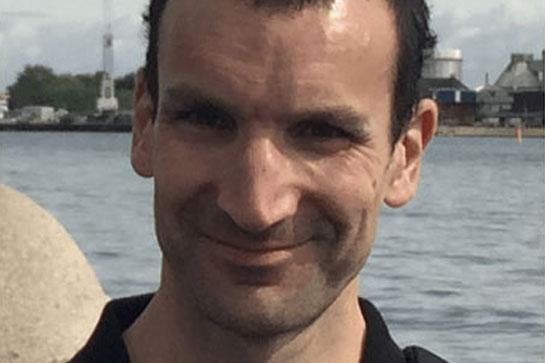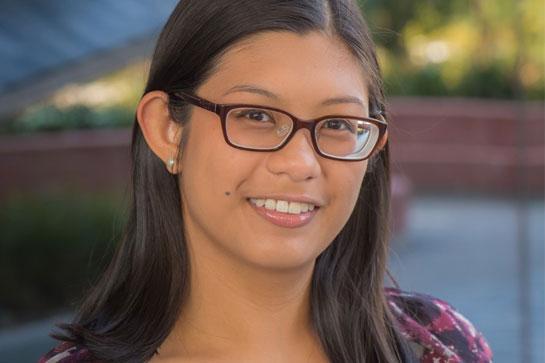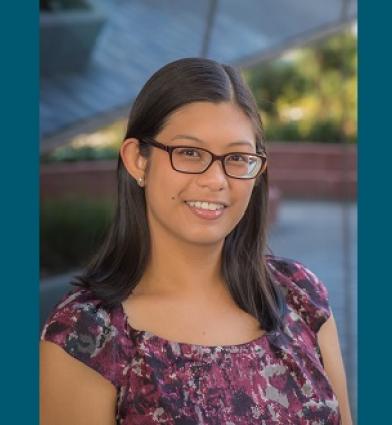
The 2021 Advance HE Assessment and Feedback Symposium: Putting the Student at the Heart of Assessment and Feedback: Equality, Diversity and Partnership focussed on the important and intersecting issues of equality, diversity and partnership. It provided an opportunity to discuss ideas and strategies for putting the student ‘at the heart’ of assessment and feedback processes, including: assessing to prioritise student learning; emphasising dialogic approaches; enabling students to have agency and involvement in their assessment and feedback; and assessing for all students – supporting equality, diversity and inclusion. We invited participants to consider how assessment and feedback practices can be enhanced and made more inclusive in a way that focuses on the student, whilst also acknowledging the more established purposes that such processes must fulfil.
The event included two keynote papers, participant-led workshops and presentations, and a special session on the major new Advance HE compendium Assessment and Feedback in a Post-Pandemic Era: A Time for Learning and Inclusion.
Date: 4-5 November 2021
Location: Virtual
Who: HE lecturers, programme leaders and senior leaders
Format
Drawing on research, evidence-informed practice, frameworks, recent developments principles and practices, the event and based upon stimulus presentations and case studies, the symposium provided attendees with a space in which they could exchange and disseminate new and different ways of thinking about assessment and feedback.
Spanning two days, this virtual event, by way of a keynote session, oral presentations and workshops, provided a space to discuss and share latest practices in assessment and feedback among a network of peers.
Symposium aims
The aims of this symposium were to: provide an open and supportive environment within which to share and discuss contemporary practice and initiatives in assessment and feedback; provide evidence-informed examples and ideas for university staff and students to overcome the challenges of assessment and feedback in higher education.
Key themes addressed by the symposium
- Student-staff partnership in relation to all aspects of assessment and feedback.
- Student led initiatives in assessment and feedback.
- Foregrounding student needs and learning in assessment.
- Equality, diversity and inclusion (EDI) as a central element of assessment and feedback practices, including in the current ‘pandemic landscape’.
Who should attend?
This symposium was aimed at HE lecturers, programme leaders and senior leaders who wish to improve their assessment practices and learn about the latest innovations in this area.
Programme
Abstracts
Who is delivering this symposium?
Keynote speaker
Dr Joanna Tai
Special sessions
Is Feedback Fit for Purpose? Why it is critical that there is synergy between staff intention and student understanding
Dawn Jones and Lynn Ellison, Wolverhampton Law School, provided a compelling new paper: Is Feedback Fit for Purpose? Why it is critical that there is synergy between staff intention and student understanding. This paper explored the dissonance identified, in terms of staff intention and student understanding, of the language used in feedback and why synergy is necessary if the aims of feedback are to be achieved. The authors went on to discuss how the results of their research have been used to put students at the forefront of feedback with the aim of improving performance for all students.
Vignette Presentations from the Advance HE Publication “Assessment and Feedback in a Post-Pandemic Era: A Time for Learning and Inclusion.”
There was also be a special session about the major new Advance HE compendium Assessment and Feedback in a Post-Pandemic Era: A Time for Learning and Inclusion, which was published in July 2021 and incorporates the work of some 45 authors.
Vignette Presentation 1: Enhancing the Inclusivity of Oral Assessments.
Dr. Salma M S Al Arefi, Teaching fellow in Electrical Power Systems and Fellow of Leeds Institute for Teaching Excellence (LITE), School of Electronic and Electrical Engineering, Faculty of Engineering and Physical Sciences, University of Leeds.
While oral/verbal assessment might be authentic, it does not cater for the learning needs of all students (e.g. students with speech impediments (i.e. stammering) and / or language acquisition difficulties (e.g. some internationals learners). This presentation aimed to share best-practice on conducting an inclusive oral assessment to help anticipate and cater for the needs of all, but not only stammering, students.
Vignette Presentation 2: Can hybrid support help to narrow the gap?
Dr. Nicola Swann, Senior Personal Tutor and Teaching Fellow, University of Surrey.
Academic support plays a vital role in preparation for assessment and student feedback has identified that traditional methods of support might not be as relevant, accessible or inclusive as academic staff might think. Pre-pandemic preferences were already leaning towards specialised and personal forms of support but demonstrated a need for enhanced flexibility to make this more inclusive. With hybrid delivery and support now a reality, this presentation considered whether this can help to narrow the awarding gap.
Vignette Presentation 3: Embedding equity and inclusion in higher education assessment strategies: creating and sustaining positive change in the post-pandemic era.
Dr. Lisa Padden, Programme Manager, University for All, University College Dublin.
This paper explored inclusion and equity in assessment in the pandemic and post-pandemic era. Highlighting the positive changes we can take forward from the pivot online, this paper focuses on how we can make this diversification of assessment sustainable ensuring all students benefit. This paper outlined some key principles for inclusive assessment based on the Universal Design for Learning framework and our recent research on barriers and enablers for diversity and choice of assessment.




